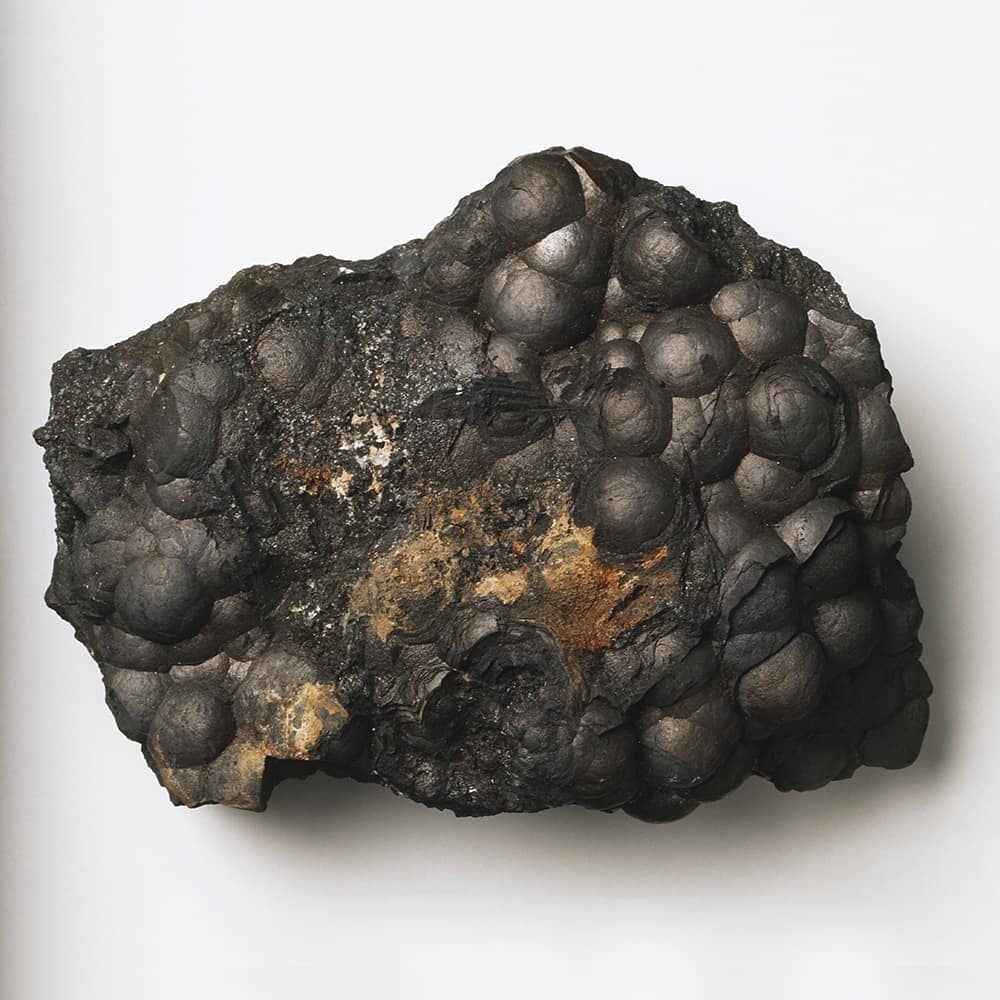5 Effective Ways to Remove Arsenic from Your Drinking Water

Arsenic, a naturally occurring element, is both a silent Intruder and a deadly threat in our drinking water, especially in the Granite State. It is a Class 1 carcinogen that has been banned for use in certain pesticides, animal feed, and pressure-treating wood. Arsenic can contaminate private wells through agricultural and industrial waste, or, most commonly, by dissolving out of rock formations and permeating water sources.
Because of the links found between arsenic and hazardous health effects, the FDA is considering maximum limits of the pollutant in food, alongside the EPA’s standards for drinking water. Any amount of exposure to arsenic below the maximum limits, significantly prolonged use, is still considered to be a potentially critical threat to health. In this comprehensive guide, we’ll dive into the nature of arsenic, why it’s so dangerous to human health, and just how prevalent it is in New Hampshire. Most importantly, we’ll explore five effective methods to remove arsenic from your drinking water, ensuring that what flows from your tap is safe and arsenic-free.
Understanding Arsenic in NH Water
Arsenic is a naturally occurring element found in the Earth’s crust. It can exist in various forms, but for this purpose, organic arsenic is a primary concern due to its potential health risks. Chronic Exposure to arsenic in drinking water is linked to a range of health problems, including skin cancer, bladder cancer, and lung cancer. It can also lead to cardiovascular diseases, diabetes, and developmental issues in children. Given its toxicity, minimizing arsenic exposure is of great importance.
Arsenic in New Hampshire
Like many states, New Hampshire faces arsenic and drinking water challenges. The prevalence of arsenic contamination is particularly concerning in this region, with the high levels of granite bedrock, a geological characteristic that can release naturally occurring arsenic into groundwater.
View the New Hampshire arsenic map.
Arsenic in New Hampshire Wells
According to the latest statistics, well water homes have a 1-in-3 chance of having arsenic levels detected. According to the New Hampshire Department of Environmental Services, the levels listed exceed the US Environmental Protection Agency or the EPA’s maximum contamination level or MCL. This means that a significant portion of our population may be at risk of arsenic exposure. Here is some additional information about well water:
- Well water can be contaminated with a variety of pollutants, including arsenic, lead, and bacteria.
- It is essential to test your well water regularly to ensure that it is safe to drink.
- You can test your well water yourself or hire a professional to do it for you.
- If your well water is contaminated, you can treat it with a variety of methods, including filtration, distillation, and reverse osmosis.
- It is important to drink safe water to protect your health.
If you’re concerned about your water now and haven’t been tracking your water quality, be sure to set up your water test today to protect your family’s future health. Here are five ways to remove arsenic from your drinking water — and our recommendations.
5 Ways to Remove Arsenic from Drinking Water
- Reverse Osmosis (RO) Filtration — Reverse osmosis or RO is a highly effective method for removing arsenic from water. RO systems use a semi-permeable membrane to filter out contaminants, including arsenic ions. They can reduce arsenic levels to well below the EPA’s MCL.
- Activated Carbon Filters — Activated carbon is a specialized absorbent that effectively removes arsenic from water. These filters are particularly useful in regions with high arsenic concentrations. Activated carbon filters can be installed at the point of entry or point of use, depending on your needs.
- Ion Exchange Resins — Ion exchange resins, typically made of strong base and ion exchange materials, can selectively remove arsenic from water. These resins replace arsenic ions with less harmful ions. This method is suitable for both well water and Municipal Water sources.
- Coagulation/Filtration — This method involves adding chemicals that cause arsenic to form larger particles, which are then removed through filtration. Coagulation filtration is often used with other treatment processes to reduce arsenic levels effectively.
- Greensand Filters — Green sand filters utilize manganese-coated green sand to absorb arsenic. These filters can be employed at the point of entry to treat water for an entire household or as point-of-use systems for drinking water.
What Does NH Tap Recommend for Removing Arsenic
Well water should be tested every three years to ensure it is safe to drink. Boiling or using chlorine to disinfect water will not remove arsenic, a toxic metal that can cause cancer and other health problems. The NH Tap Arconic™ Water Filtration System removes arsenic from well water, providing safe, healthy drinking water. Purified water does not harm your health with toxic metals, and NH Tap provides extensive evaluations and treatment plans to ensure your water is safe to drink.
Contact NH Tap today to speak with an expert about testing your water.
Preventing Arsenic from Getting in Your Water
Arsenic and drinking water pose a significant health risk, and its prevalence in New Hampshire, particularly in areas with granite bedrock, is a cause for concern! Chronic exposure to arsenic can lead to severe health problems, making it essential to take proactive steps to remove arsenic from your drinking water. Fortunately, several effective methods exist to eliminate arsenic from your water supply. Reverse osmosis filtration, activated aluminum filters, or ion exchange resins are some of the best ways to stop this contamination. Ensuring that you’re drinking water is free from arsenic is not just a matter of convenience; it’s a vital step in safeguarding your health and the well-being of your family. By taking action to remove arsenic from your water, you can enjoy peace of mind knowing that the water you consume is safe and arsenic-free.
Contact NH Tap today to get your water test started!
Return to Articles